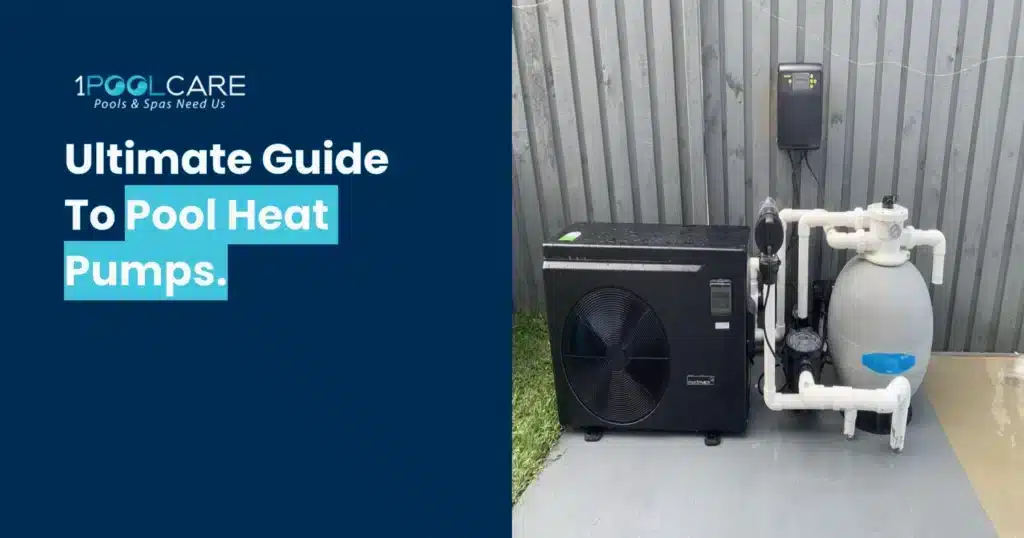
A swimming pool heat pumps are a energy efficient device designed to generate heat for your pool water using the surrounding air. Unlike gas heaters, which burn natural gas to produce warmth, an electric heat pump draws in warm air and transfers heat via a heat exchanger. The evaporator coil absorbs heat from ambient air temperature and, through a compression cycle, transfers that heat to the pool water. This process is what makes a heat pump operate efficiently, particularly in mild to warm climates.
The best pool heat pump systems utilise inverter technology and titanium heat exchangers to improve longevity and performance. When installed correctly, a heat pump can maintain the desired temperature with minimal operating costs, providing precise temperature control throughout the season.
Benefits of Installing a Pool Heat Pump
Opting for a swimming pool heat pump offers numerous advantages, especially when compared to gas pool heaters or other heating systems:
- Energy efficiency: Heat pumps operate using electrical energy input to extract heat from the ambient air, offering a far more energy efficient method than gas or electric heaters.
- Lower heating costs: Heating costs are significantly reduced over time when using an efficient heat pump.
- Consistent performance: Maintains desired water temperature steadily, ideal for outdoor pools and saltwater pools.
- Eco-friendly: Electric heat pumps produce fewer emissions compared to gas heaters or solar panels reliant on backup systems.
- Durability: Most modern heat pumps are built with corrosion-resistant components like titanium heat exchangers, ideal for humid climates.
These benefits make heat pumps one of the best choices for Australian homeowners seeking reliable pool heating.
Types of Pool Heat Pumps Available in Australia
Australia’s varied climate requires pool heating systems that suit a range of conditions. Here are the most common types of pool heat pumps:
1. Standard Heat Pumps
These heat pumps work well in warm or temperate climates. They use ambient air temperature to provide energy efficient heating for regular swimming pools.
2. Inverter Heat Pumps
An inverter heat pump adjusts its speed to match heating demand, delivering optimal performance and reducing energy bills. These are considered the ideal heat pump for year-round use.
3. Spa Heat Pumps
Built for higher temperatures, these are suited for spas and small pools requiring rapid heat-up.
4. Commercial Grade Heat Pumps
Used in public or large-scale pools where water temperature must remain constant.
Each particular heat pump type can be selected based on pool size, outdoor temperature, and water volume.
Electric Pool Heater Installation vs Heat Pumps
Electric heaters and heat pumps both warm pool water, but their methods and energy usage differ:
Electric Heaters
- Use resistance elements to generate heat
- High electrical energy input and heating costs
- Better suited for short-term heating or spas
Heat Pumps
- Rely on latent heat from ambient air
- Energy efficient with lower operating costs
- More suitable for extended swimming seasons in cooler climates
While electric pool heater installation is quicker, an efficient heat pump offers better long-term savings and consistent swimming pool heat.
How to Install a Pool Heat Pump
Professional pool heat pump installation is essential for safety and efficiency. Here is how 1 Pool Care handles every job:
Site Selection
- Must have access to ambient air
- Needs clear airflow and space around the evaporator coil
- Positioned near the pool’s filtration system
Pool Heat Pump Plumbing
- Integrated into the return line after filtration and before sanitisation
- Suitable for saltwater pools and freshwater systems
Pool Heat Pump Electrical Installation
- Carried out by a licensed electrician
- Dedicated circuit to prevent overloads
- Follows Australian safety codes
Other Considerations
- Drainage: Prevents pooling around unit
- Noise: Most modern heat pumps are quiet, but placement matters
- Zoning laws: We manage council compliance for you
Whether it is a new build or retrofit, we size the heat pump according to pool size, desired temperature, and local air temperature for optimal performance.
Pool Heater Installation for Spas
Spa heat pumps are designed to generate heat quickly and maintain higher water temperatures. Key considerations include:
- Rapid warm air circulation
- Higher wattage capacity
- Electrical setup for isolated systems
- Ideal for both indoor and outdoor pool spas
We install spa heat pump systems with precision, ensuring that your spa delivers heated water on demand with minimal energy usage.
Energy Efficiency and Running Costs
Energy efficiency is a major benefit of pool heat pumps. Unlike gas heaters, which consume large amounts of natural gas, heat pumps use minimal electrical energy input to maintain a heated pool.
Ways to boost efficiency:
- Use a pool cover to retain heat
- Position the unit in an area with consistent surrounding air
- Choose inverter heat pumps for variable speed control
- Schedule operation during off-peak energy tariff hours
On average, running costs for a swimming pool heat pump are $2 to $5 per day depending on heat pump’s capacity, climate, and usage.
How Pool Heat Pumps Work: Components and Process
Pool heat pumps operate through a refrigeration cycle that involves four primary components: an evaporator coil, compressor, condenser, and expansion valve. Air is drawn over the evaporator coil, where heat is absorbed from the surrounding air. This heat causes the refrigerant to vaporise. The compressor increases the pressure and temperature of the gas, which is then sent to the condenser. Here, the heat is transferred to the pool water. Finally, the refrigerant passes through the expansion valve and the cycle repeats.
This system allows heat pumps to provide consistent heating throughout the year. While their efficiency drops slightly in lower temperatures, modern heat pumps continue to perform well in cooler climates, particularly those above 10 degrees Celsius.
Understanding COP and Energy Efficiency
The Coefficient of Performance (COP) is a key metric for assessing energy efficiency. It represents the ratio of heat output to electrical input. For example, a COP of 6 means that for every 1 kilowatt of electricity consumed, the heat pump generates 6 kilowatts of heat.
Most modern heat pumps achieve COP ratings between 5 and 7 under optimal conditions, making them significantly more efficient than gas pool heaters. This high efficiency leads to reduced energy bills and a lower environmental footprint. Using a pool cover can further improve the heat pump’s COP by reducing heat loss, especially overnight or during windy conditions.
Cost and Maintenance of Pool Heat Pumps
When evaluating the total cost of ownership, consider not just the upfront cost but also installation and ongoing maintenance. A typical pool heat pump costs between $3,600 and $6,900, depending on capacity and brand. Installation fees can range from $500 to $2,000, based on plumbing complexity and electrical requirements.
Ongoing annual pool maintenance generally falls between $200 and $400, which includes cleaning, component checks, and performance tuning. An electric heat pump usually costs $250 to $750 per year to run, while gas heaters may cost $500 to $1,500 annually. Despite the higher initial investment, the long lifespan of 10 to 20 years and reduced running costs make pool heat pumps a more economical solution over time.
Choosing the Right Size Heat Pump
Proper sizing is critical for optimal performance. Oversized units may short cycle and waste energy, while undersized ones struggle to maintain water temperature. When choosing a heat pump, professionals must consider:
- Pool surface area
- Desired temperature rise
- Wind exposure and humidity
- Ambient air temperature
- Use of pool covers
These factors help determine the appropriate COP range, which typically sits between 3 and 6 depending on environmental conditions. Regular servicing and the use of covers will also improve energy efficiency.
Comparing Pool Heating Options: Heat Pumps vs Gas and Solar
Here’s how heat pumps compare with gas heaters and solar panels across several critical factors:
| Feature | Heat Pumps | Gas Heaters | Solar Panels |
|---|---|---|---|
| Lifespan | 10 to 20 years | 5 to 10 years | 15 to 25 years |
| Operating Costs | $250–$750/year | $500–$1,500/year | Very low |
| Energy Use | 75% less than gas | High | None (sunlight dependent) |
| Environmental Impact | Low | High | Very low |
| Maintenance | Low | High | Moderate |
| Effectiveness in Cool Weather | Good | Excellent | Poor |
| Installation Requirements | Minimal space | Compact | Needs roof space |
While solar heating has the lowest operating cost, it depends heavily on climate. Gas heaters provide rapid heating but are expensive to run. Heat pumps strike the ideal balance of reliability, cost-effectiveness, and quiet operation, making them a preferred choice for most Perth homeowners.
Common Installation Mistakes and How to Avoid Them
Incorrect pool heater installation can lead to skyrocketing energy bills and underperformance. Common errors include:
- Wrong size heat pump for the pool size
- Poor airflow around the evaporator coil
- Inadequate electrical connection
- Poor drainage causing water damage
At 1 Pool Care, every installation is matched to the specific pool heating systems and pool design, ensuring your heat pump operates efficiently from day one.
Maintenance Tips for Longevity
To ensure your pool heating system remains in top condition:
- Clear debris from evaporator coil regularly
- Check electrical components and circuit breakers
- Inspect plumbing for leaks or scale build up
- Monitor heat pump’s efficiency via temperature logs
- Annual professional service to keep warranty intact
These practices help most modern heat pumps last well over a decade.
When to Replace or Upgrade Your Pool Heat Pump
Signs it is time for an upgrade:
- Reduced heat pump’s capacity over time
- Inability to reach desired water temperature
- Frequent tripping or noise
- Age over 10 to 15 years
New inverter models offer better performance in colder climates and humid climates, and feature smart monitoring to reduce heating costs.
Why Choose 1 Pool Care for Pool Heat Pump Installation in Perth
We specialise in pool heat pump installation for all pool types across Perth. Our service includes:
- Custom recommendations for the right heat pump
- Installation for solar pool heater and electric systems
- Integration with your pool’s filtration system
- Service plans to maintain optimal performance
- Advice on pool covers and solar pool covers to retain heat
We work with all brands of pool heat pumps, solar heaters, and hybrid pool heating systems.
FAQs
Can a heat pump be used with solar panels?
Yes, solar panels can reduce electricity bills by powering your electric heat pump.
Do pool heat pumps work in winter?
Yes, heat pumps work in cooler climates, though with reduced efficiency. Inverter models adapt better.
Is solar heating better than heat pumps?
Solar heating can complement a heat pump, but may be unreliable during cloudy periods. A hybrid system works best.
What size heat pump do I need?
Depends on pool size, desired temperature, and ambient air temperature. We calculate this during consultation.
Final Thoughts
This ultimate guide to pool heat pumps shows why these systems are the most energy efficient and cost-effective way to enjoy warm water all year. Whether you have an outdoor pool, spa, or saltwater setup, choosing the ideal heat pump ensures long-lasting comfort.
At 1 Pool Care, we help you find the right heat pump, install it to code, and maintain it for years to come. Contact us today to upgrade your swimming pool heating system and take control of your water temperature without blowing out your energy bills.
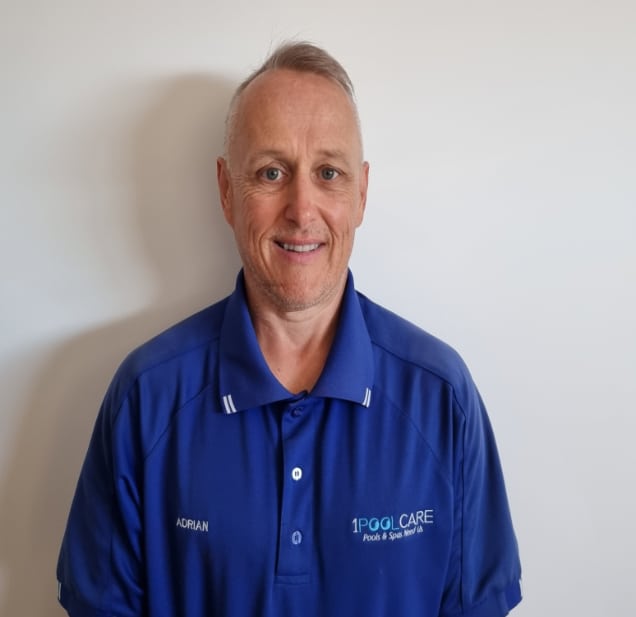
With over 20 years of industry experience, Adrian Mole is the founder of 1 Pool Care, a leading mobile pool service in Perth. Known for his expert knowledge and reliable service, Adrian delivers professional pool cleaning, equipment repairs, and water balancing across the metro area. Backed by SPASA accreditation, he’s committed to quality, convenience, and customer satisfaction.

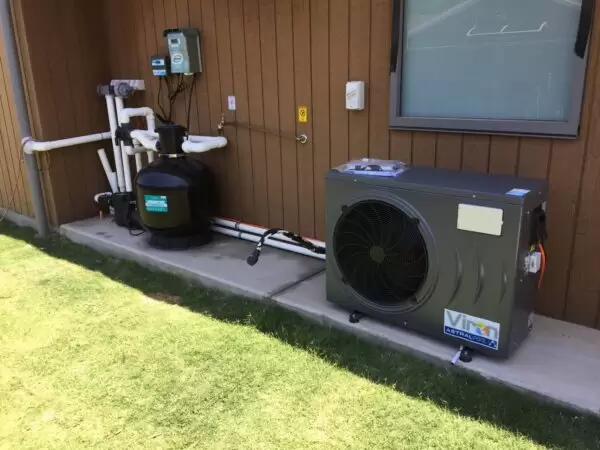
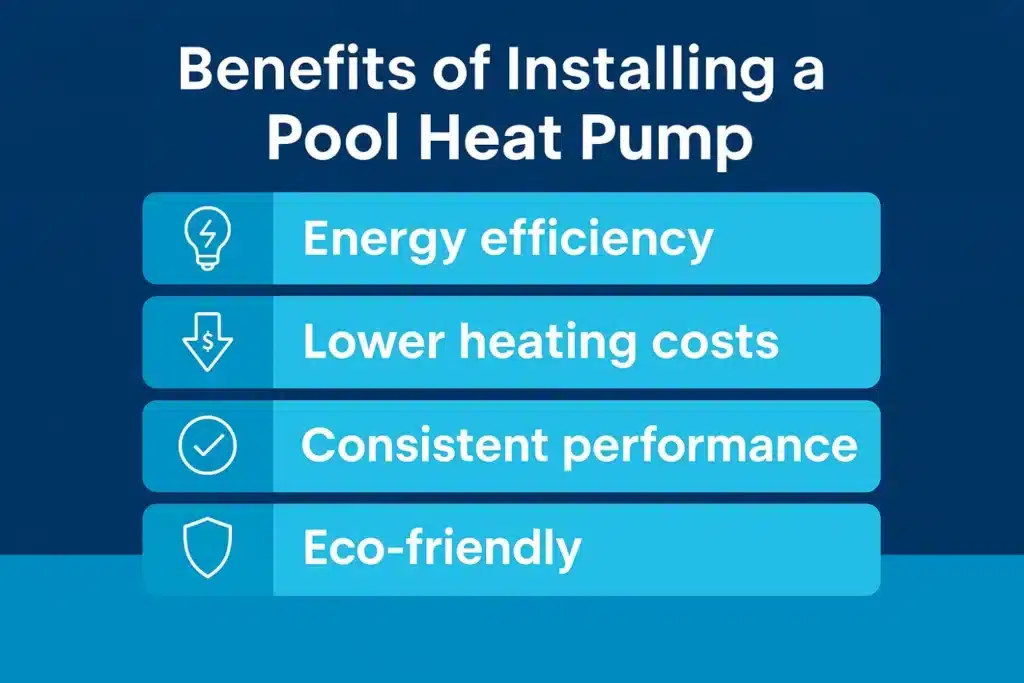
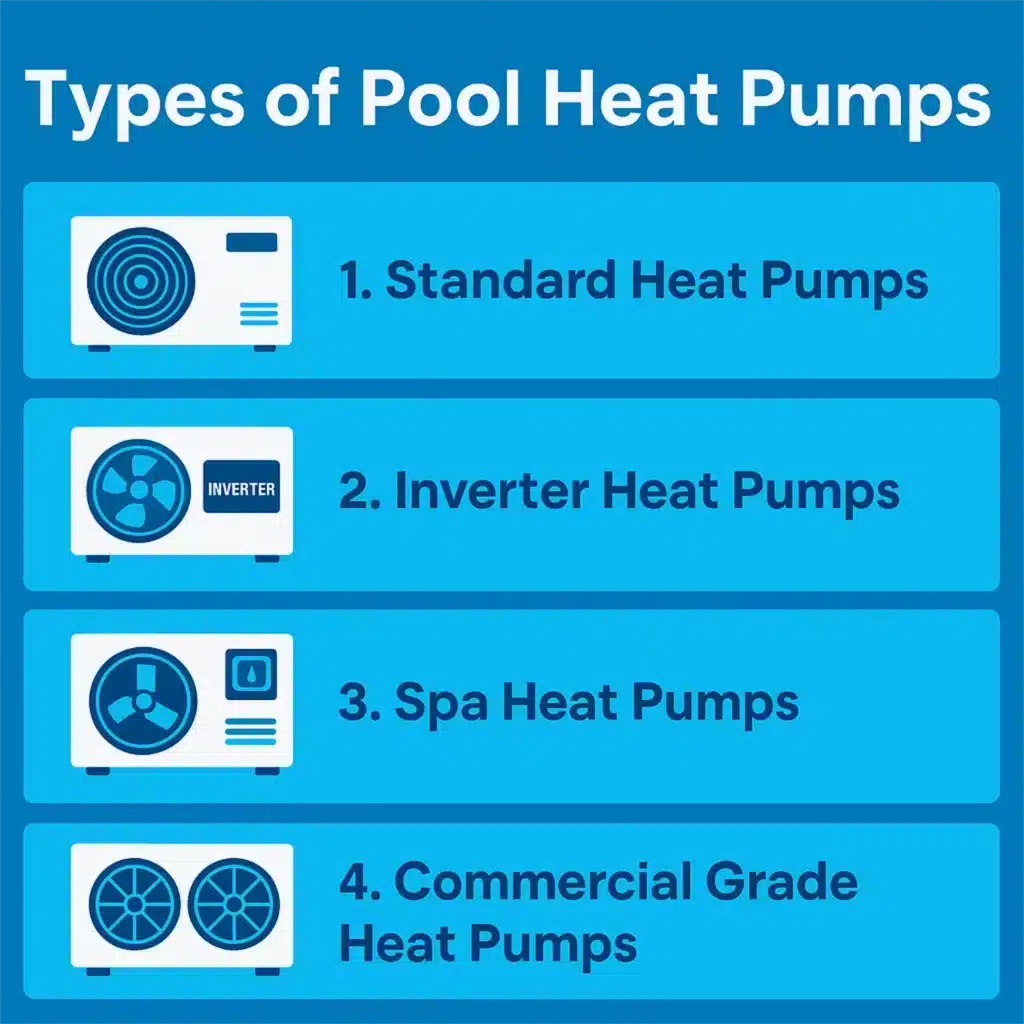
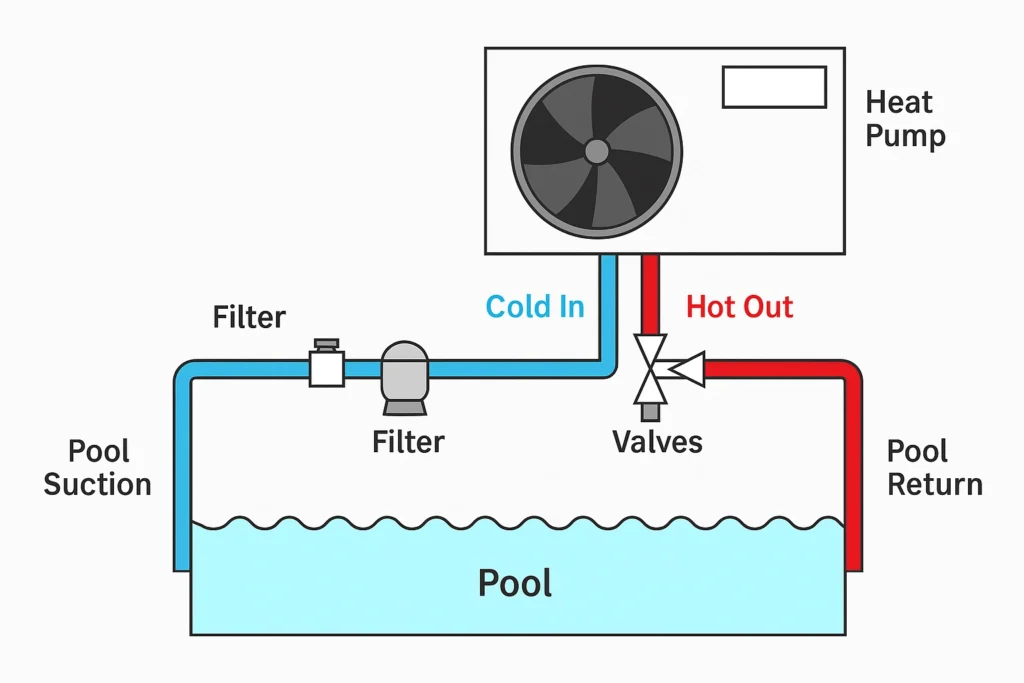

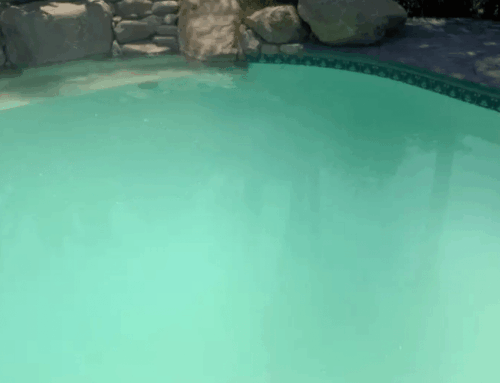
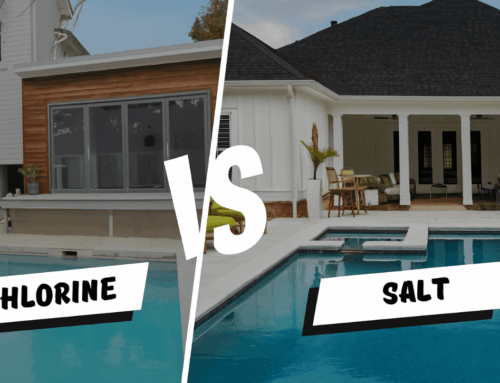
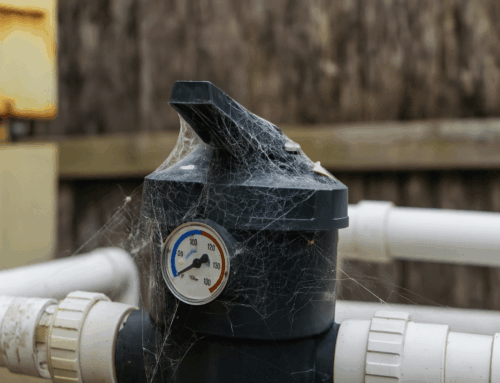





Social Media